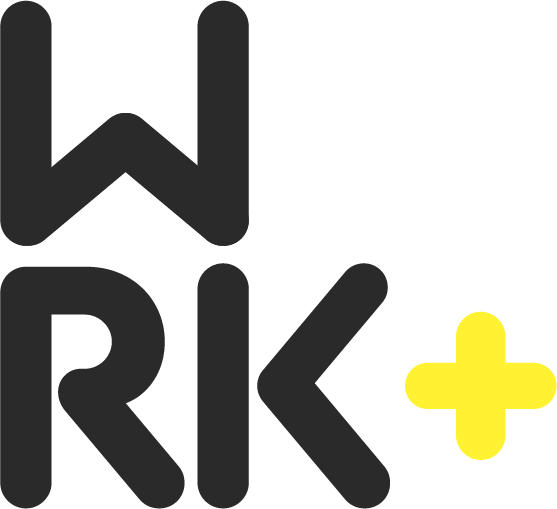Australia doesn’t need another “Best Places to Work” list. Here’s why by Zrinka Lovrencic
Zrinka Lovrencic, CEO WRK+
For years (17 to be exact), I curated one of Australia’s most recognised “Best Places to Work” lists. I believed in the power of celebrating great workplaces and shining a spotlight on those doing things differently. In many ways it served an incredibly important purpose: it helped start conversations about culture, leadership, and employee wellbeing at a time when these weren’t on the agenda.
However, the world of work has changed. What employees want from their workplaces (and what organisations need to deliver) has changed with it.
While recognition has its place, the race to be seen as “the best” no longer aligns with what job seekers value, nor does it drive the kind of systemic improvements that actually make a workplace thrive.
Why the List No Longer Works
At their core, “best workplaces” lists are based on competition - a comparative framework that encourages organisations to outperform each other on specific cultural markers. But in 2025, that framework feels outdated. Here’s why:
It’s inherently exclusive. Not every organisation can make the list and many great workplaces, especially smaller or nontraditional ones, go unnoticed.
It promotes performative culture-building. When the goal becomes making the list, priorities can shift from genuine employee wellbeing to optics and branding.
It oversimplifies what “great” looks like. A top-tier workplace in one industry or region might not meet the needs of employees elsewhere. Culture is contextual, and greatness isn’t one-size-fits-all.
What Employees Actually Want
Today’s job seekers are more values-driven, discerning, and vocal than ever before. Here’s what they consistently say matters most:
Purpose and Impact. Employees want to feel their job matters – not just in driving profits, but in contributing to something larger. Companies that communicate and act on a clear mission stand out.
Wellbeing that Goes Beyond Lip Service. Mental health days, proper workload management, access to real support, and empathetic leadership make a bigger difference than yoga classes or free snacks.
Genuine Inclusion. Diversity is not a checkbox, and inclusion isn’t achieved by one-off initiatives. It’s not about optics - it’s about access and fairness. Employees want to see people like themselves reflected in leadership, in decision-making, and in company priorities.
Flexibility and Autonomy. The pandemic shattered the myth that productivity only happens in an office. People want to be trusted to manage their own time and balance their responsibility. Remote and hybrid work options are not perks – they’re expectations.
Psychological Safety. Employees want environments where they can speak up, make mistakes, and ask for support without fear. Culture isn't how fun the Friday drinks are – it’s how people treat each other on a stressful Monday.
Fair Compensation and Transparent Progression. Recognition starts with being paid fairly for your work. Add clear pathways for growth and advancement, and you've built something more powerful than an award-winning culture: trust.
Accreditation Over Awards
At WRK+ our new focus is on accreditation, a model grounded in employee feedback, data, and accountability. Rather than comparing one organisation to another, we’re helping each company assess where they are, where they want to be, and what it will take to get there.
This isn’t about getting a gold star. It’s about building workplaces that truly work for the people in them.
Accreditation shifts the spotlight inward. It encourages:
Honest reflection, rather than public positioning
Long-term improvement, rather than short-term recognition
Employee voice at the centre of the process
It provides a framework for tracking progress and recognising meaningful change, whether a company is just starting out or already on a mature cultural journey.
Time to Move Beyond the Rankings
I am immensely proud of the impact our “Best Places to Work” list had at the time. But to meet the needs of today’s workforce, we need to evolve. It’s no longer enough to ask who’s the best? The better question is: who’s committed to doing better?
Through accreditation, we’re helping organisations shift from recognition to responsibility, and from performance to progress.
Let’s move beyond the rankings. Let’s build workplaces that matter, not because they made a list, but because they’re making a difference.

